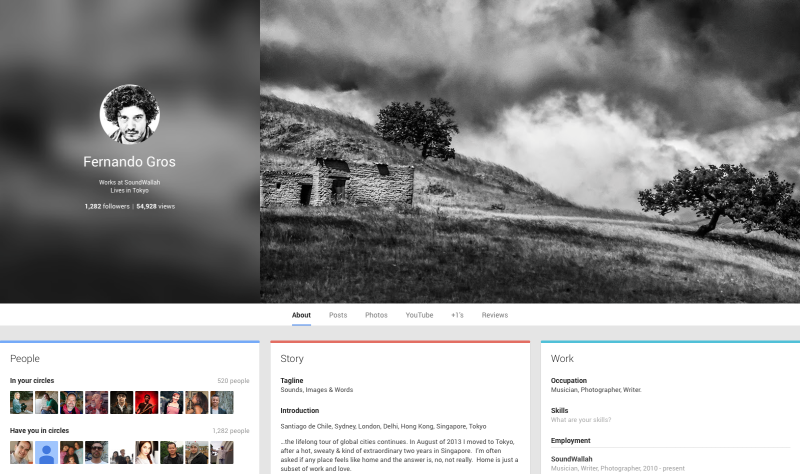Is the End Near For Google+
For a while Google seemed to have a big, mythical dream; one circle to bring together all its services – Google+. In a somewhat controversial process, Google set about making Google+ (nearly) mandatory for all users of its products. And, via the authorship programme, effectively shoe-horned bloggers and other original content makers into having a […]

For a while Google seemed to have a big, mythical dream; one circle to bring together all its services – Google+. In a somewhat controversial process, Google set about making Google+ (nearly) mandatory for all users of its products. And, via the authorship programme, effectively shoe-horned bloggers and other original content makers into having a presence on Google+ as well.
But now, things have started to change. There’s a steady stream of news indicating that Google might be rethinking their social media platform, including changes to the authorship programme.
While some people have managed to create vibrant communities on Google + (Trey Ratcliff, for example), most folks in my circle, so to speak, have found it difficult to get traction. A lot of those I’ve spoken to – folks who do social media well on other platforms like Facebook, Twitter, YouTube or SoundCloud – have really struggled to figure out what (if anything) Google+ does better than other services.
It’s perhaps telling that the only creative community strongly represented on Google+ is photographers. Google have had a keen focus on photography, from the acquisition of Nik Software through to their huge Google+ Photographer’s Conference. In fact, photos are probably the one area where Google have continued to innovate and the one thing Google+ does better than Twitter (and maybe even better than Instagram).
Or, at least that might have been the case if Google+ had ever been able to develop a really great mobile app. Using Google+ on an iPhone is still a painful experience, certainly when compared to Instagram. If anything, the ability of Google+ to handle photos is only really apparent when you start looking at big, high resolution images on a larger screen, like a laptop or desktop monitor. Which may well be why the photography community on Google+ skews so heavily towards professionals and serious hobbyists, the kind who still sport big cameras, rather than the army of mobile iPhoneographers who made Instagram so popular.
So, what comes next? I will continue, for the foreseeable future to automatically crosspost to Google+ but I don’t envisage actively using the service again. I’ve started using ello (you can find me at ello.co/fernandogros), but it is still very early days on there. IN a lot of ways, it’s hard to say what will replace Google+ because it’s still unclear to many of us what purpose Google+ ever served in the first place.




